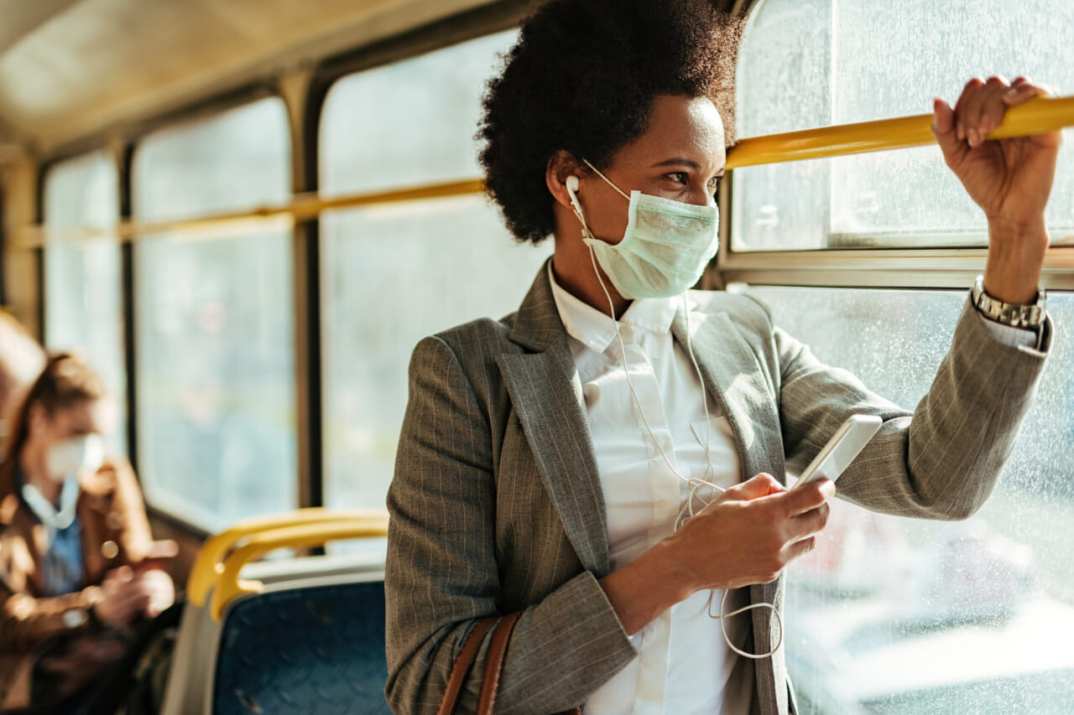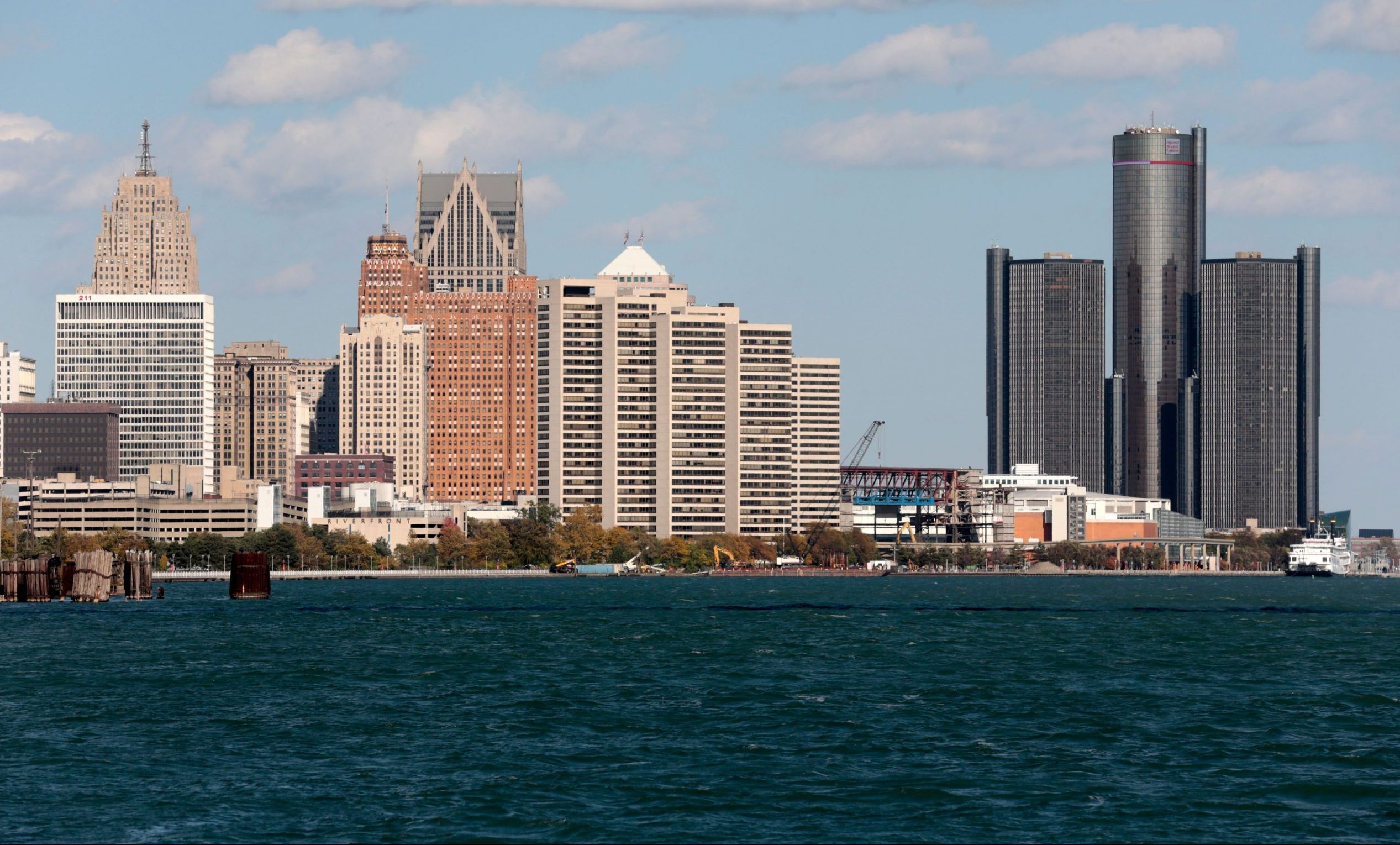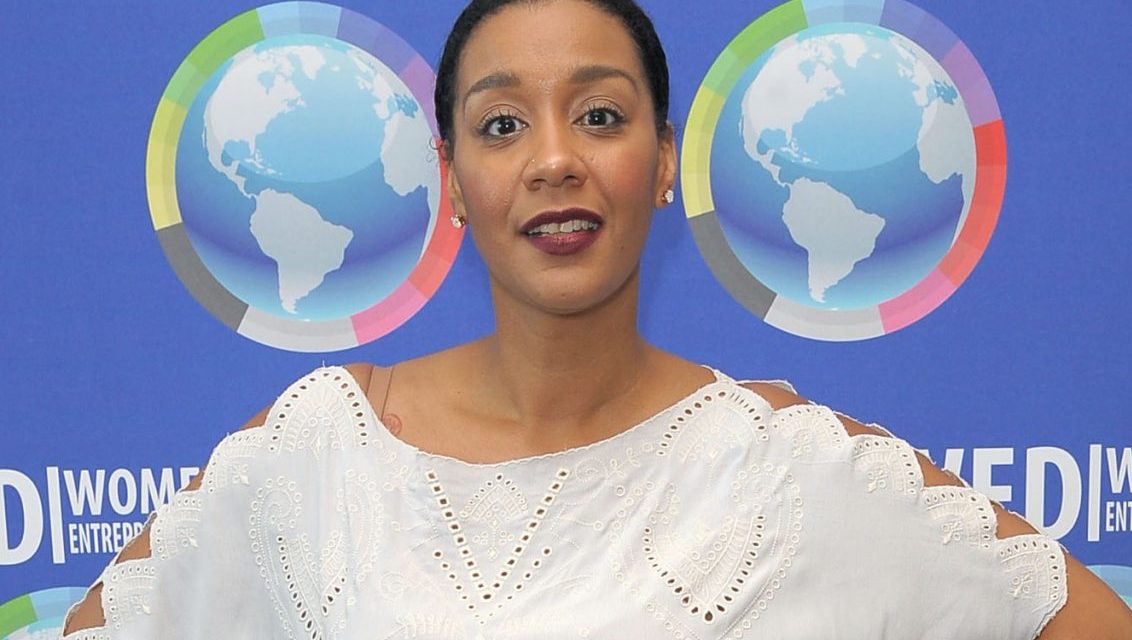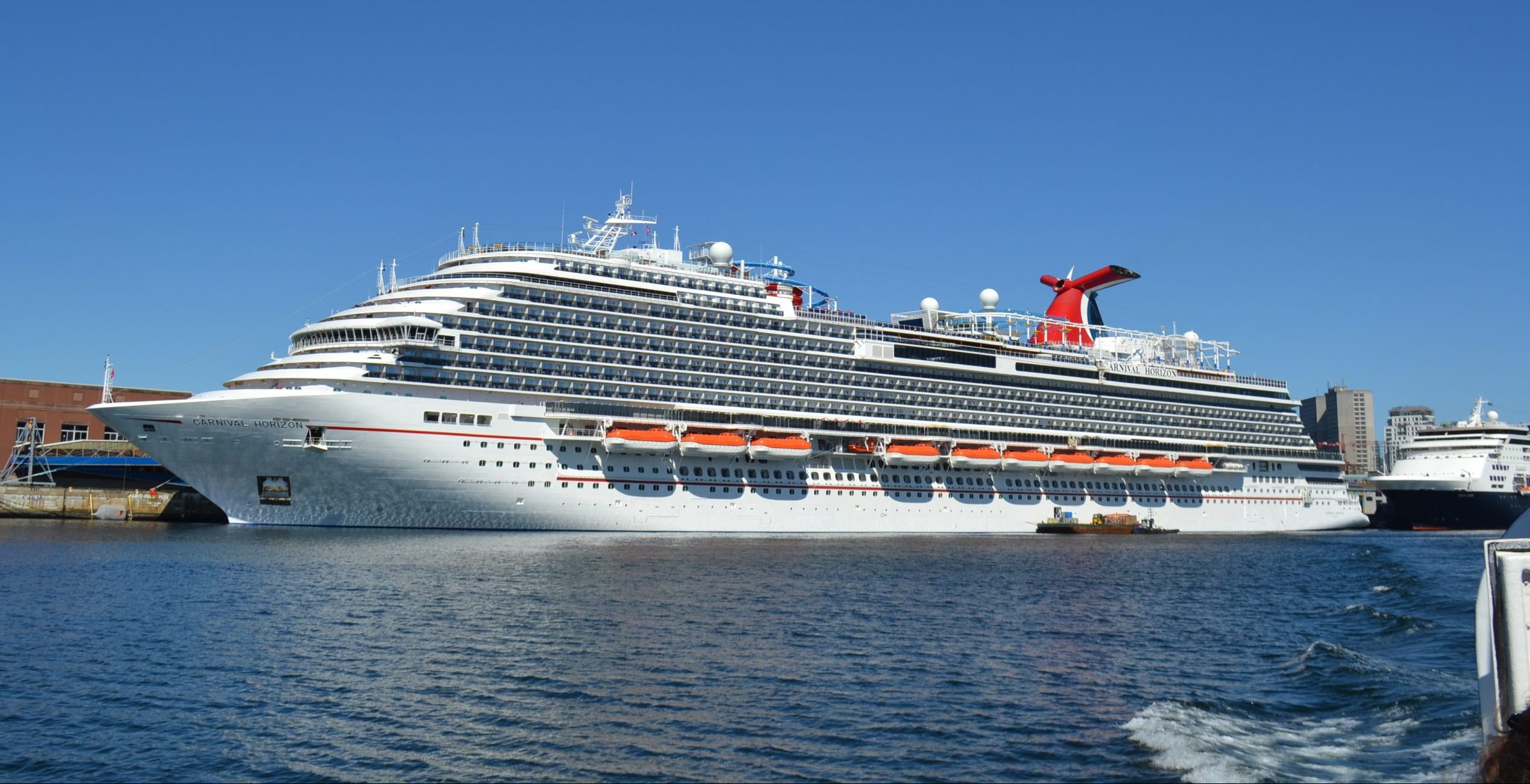Black travel professionals are embracing coronavirus restrictions
The pandemic hit the Black community and the travel industry hard, but Black travel professionals are ready to take on the challenge.

The pandemic hit the Black community and the travel industry hard, but Black travel professionals at the first digital Audacity Fest last month signaled that they are ready to adopt new coronavirus restrictions.
The annual fest, which is usually in person and hosted by Nomadness Tribe, was instead held virtually due to the pandemic.
READ MORE: Black travel businesses devastated by cancellations due to COVID-19
“Have fun with it,” said Stan Smith, integrated marketing manager at the Detroit Metro Convention and Visitors Bureau. “At our zoo they say, ‘Stay one alligator away from everyone.’” Smith said the CVB is preparing for limited capacity, timed tickets, and contactless payment.

The Detroit skyline seen from Riverside Park in Detroit, Michigan, on October 23, 2019. (Photo by JEFF KOWALSKY/AFP via Getty Images)
Smith added that the CVB’s budget is tighter than it was pre-pandemic, so Detroit must be more selective about which influencers to bring in as the state opens up county by county. Rhanee Palma, chief sales officer at Visit Oakland, echoed budget concerns for her city as well.
“Detroit’s got this,” said Smith, noting that Detroit was a coronavirus hotspot. “We’re going to bounce back from this. The thought of ‘poor Detroit,’ get that out of your mind.”
The Black travel community has long fostered its own entrepreneurship, and this continues through the pandemic. “Nomadness has shown itself as a small business incubator,” said Evita Robinson, founder of Nomadness, which is now nine years old and exceeds 24,000 members.

Evita Robinson attends 2017 Women’s Entrepreneurship Day at The United Nations on November 17, 2017 in New York City. (Photo by Chance Yeh/WireImage)
“I see the traditional travel industry, and then I see the Black travel industry,” said Danny Rivers Mitchell, founder of the tours and experiences company Black Girls Travel Too.
READ MORE: Travel entrepreneur chooses Africa over America during pandemic
The Black travel movement started gaining steam after the Great Recession, so for many young entrepreneurs, COVID-19 is the first economic crisis to hit their business. Black Americans are being hit especially hard by COVID-19, both physically and economically.
For Black-owned businesses that depend on a devoted Black clientele, that makes survival even harder.
On the upside, the community is eager to start traveling again, said Xavier Owona, who runs Black Voyageurs, which provides tourism brand and marketing services. During an uncertain period like this one, listening to your audience and responding to its fluctuating concerns is key, he said.
The traveler experience will look different moving forward. JetBlue was the first major airline to require masks for passengers. Flyers may see temperature checks at the airport. Amtrak limited bookings to 50% capacity to ensure social distancing. The Centers for Disease Control issued a no-sail order for cruise ships, though Carnival wants to resume this summer.

Photo: Adobe Stock
Some travelers may choose hotels over home-sharing, as hotels have more control over their properties’ cleaning regimens than Airbnb. Others may prefer home-sharing in the hopes of a private entrance. As destinations open up their borders, some are creating travel bubbles to limit contagion, for example between Estonia, Latvia, and Lithuania.
Even with detailed plans to rebuild, the travel industry stands to lose approximately 100 million jobs, according to the World Travel and Tourism Council.
READ MORE: Harlem man shares months-long Ghana stay as an indefinite expat
Nomadness created forums for members to share difficult stories about losing business as well as strategies for staying afloat. Deidre Mathis, founder of the two-year-old hostel Wanderstay Houston, explained on Facebook Live in April that within nine days, she had lost 114 reservations, going from an average 75–80% occupancy down to 5%.
The cancellation of the Houston Rodeo was a foreboding sign. Fortunately, before COVID-19, Mathis had set aside six months of expenses, and applied for business credit cards and lines of credit, just in case of emergency. At the time, Mathis had reduced her employee hours, given rooms to local nurses, and provided masks, gloves, sanitizer, and six feet of separation.
Robinson began Audacity Digi with a moment of silence for Breonna Taylor, Ahmaud Arbery, and George Floyd, all recently killed, their deaths spurring protests nationwide. However, Robinson stressed that her community is resilient in the face of many challenges.
“This is not a doomsday event,” she said.
The second Audacity Digi is scheduled for August 1.
Have you subscribed to theGrio’s podcast “Dear Culture”? Download our newest episodes now!
https://open.spotify.com/episode/71nhtCniY10lItS1qwhmlt
https://open.spotify.com/episode/3ZuyOfTmcLfkxzqMdftiCV?t=0
